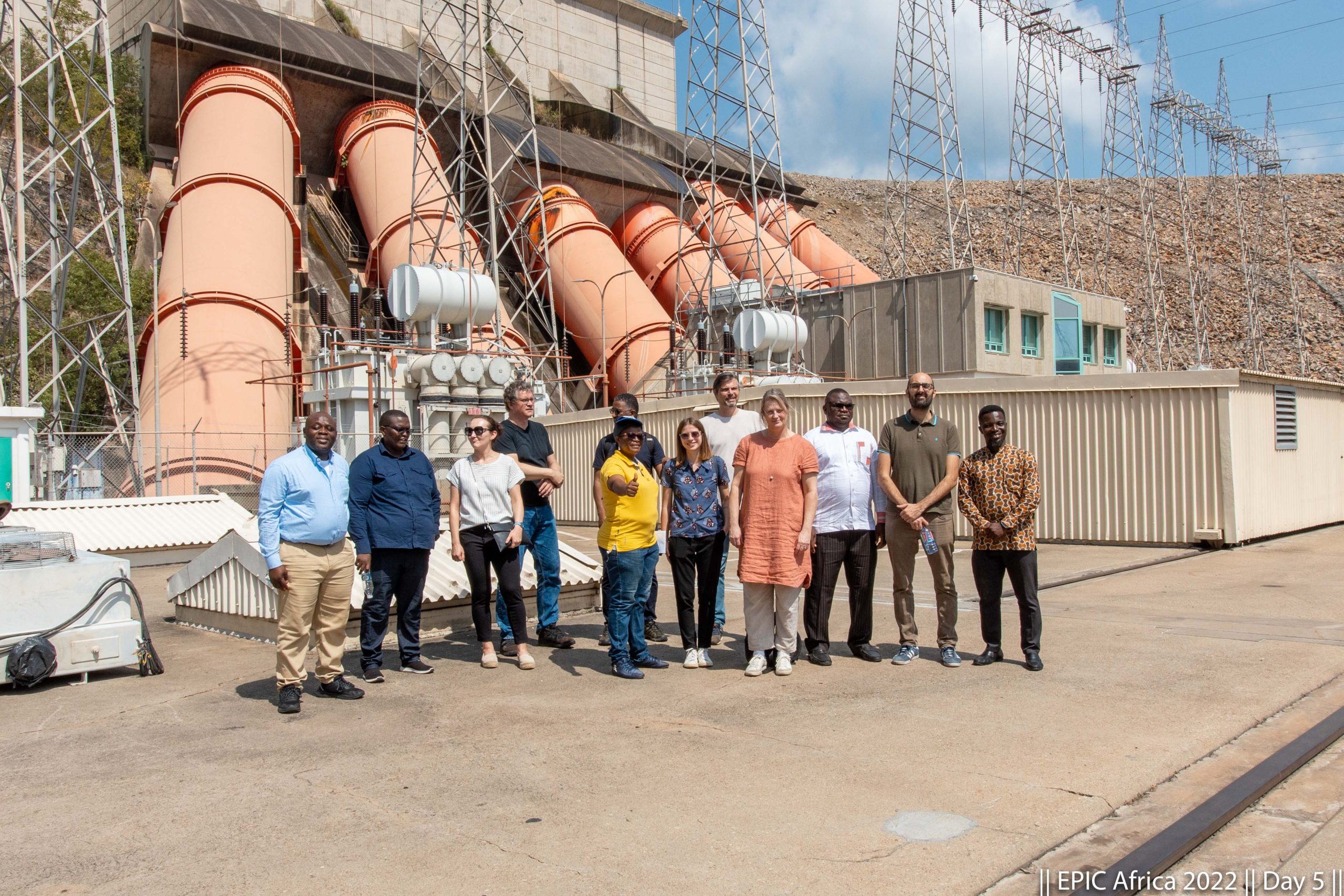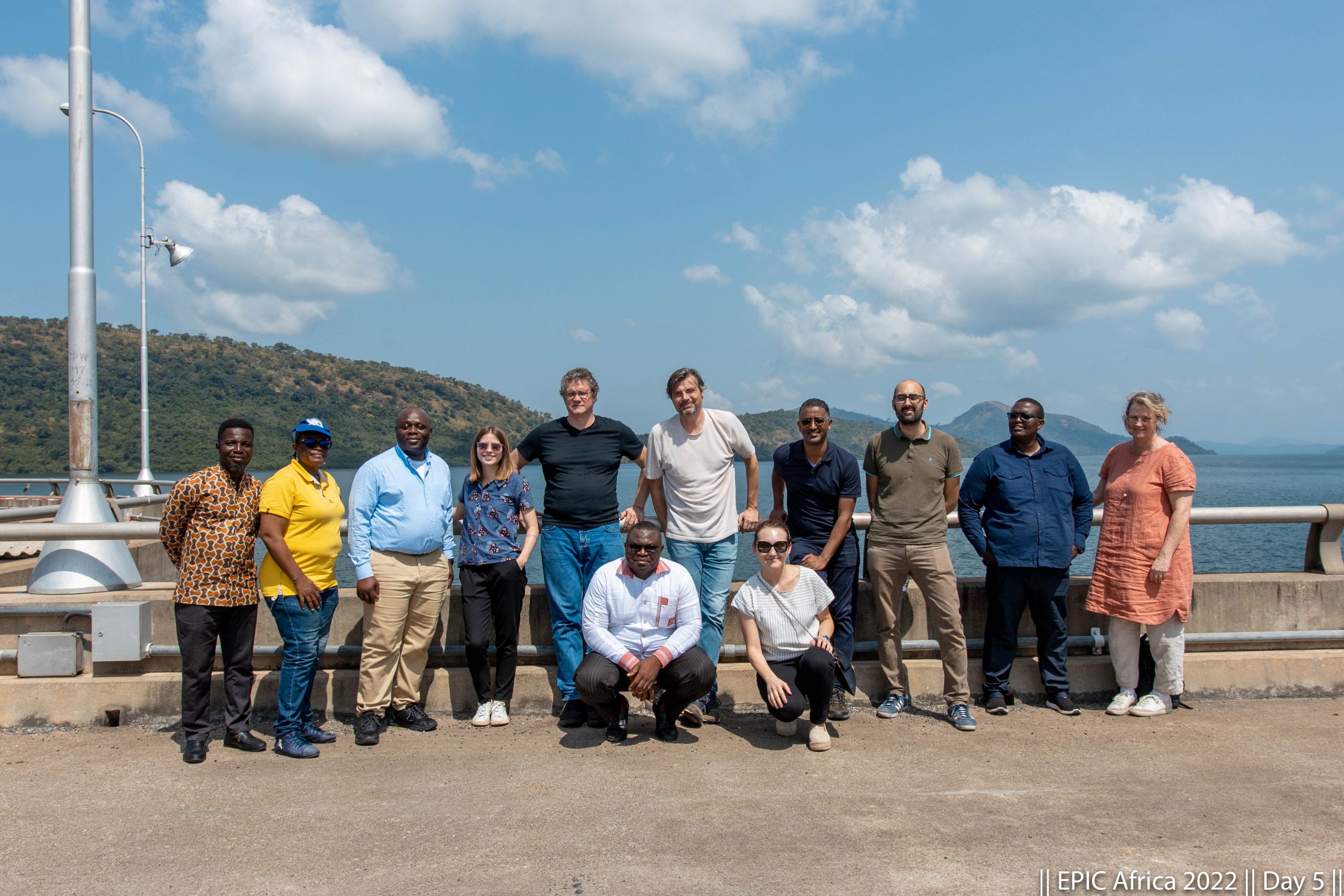Modeling for insights – WEF interactions in the Volta and Tana River basins
 The EPIC Africa project develops and makes available a fully open-source model for integrated assessment of synergies and trade-offs between resources systems water-energy-food in the Volta and Tana River basins (WP4). Through this mathematical model, the implications of different policy and development options can be quantified with a long-term perspective, until 2060. However, modeling is not done for “answers”, but rather a key method for providing knowledge and understanding of plausible effects so that better-informed decisions can be made.
The EPIC Africa project develops and makes available a fully open-source model for integrated assessment of synergies and trade-offs between resources systems water-energy-food in the Volta and Tana River basins (WP4). Through this mathematical model, the implications of different policy and development options can be quantified with a long-term perspective, until 2060. However, modeling is not done for “answers”, but rather a key method for providing knowledge and understanding of plausible effects so that better-informed decisions can be made.
River basins with hydropower not only have the opportunity to provide affordable, renewable electricity generation but also provide multi-purpose benefits such as flood control and irrigation if properly managed. However, climate change could likely lead to reduced water availability for hydropower generation, while floods may be more prominent in these regions.

The EPIC Africa model will represent these complex dynamics and provide important knowledge for effective policy design and decision-making. Here, the so-called CLEWs framework (Climate-Land-Energy-Water nexus) will be used for modeling resource interactions in the Volta and Tana River basins. The work is done in several steps, with intermediate stake-holder dialogues in co-creation, as follows:
- Long-term (until 2060) optimization of investment to meet exogenously defined demands on energy services, food (incl export), and water.
- Adding geospatially explicit land-use and water-body interaction via soft-link of additional models and representation of hydropower, pumped hydro storage, irrigation, and water transport systems within the CLEWs framework.
- Confirming operational soundness of optimized infrastructure capacity via a separate.
- Adjustment of long-term model constraints and key parameters based on items 2 and 3 results.

Date: Tuesday, 11th July 2023
Authors: Professor Viktoria Martin and Shravan Kumar, KTH
